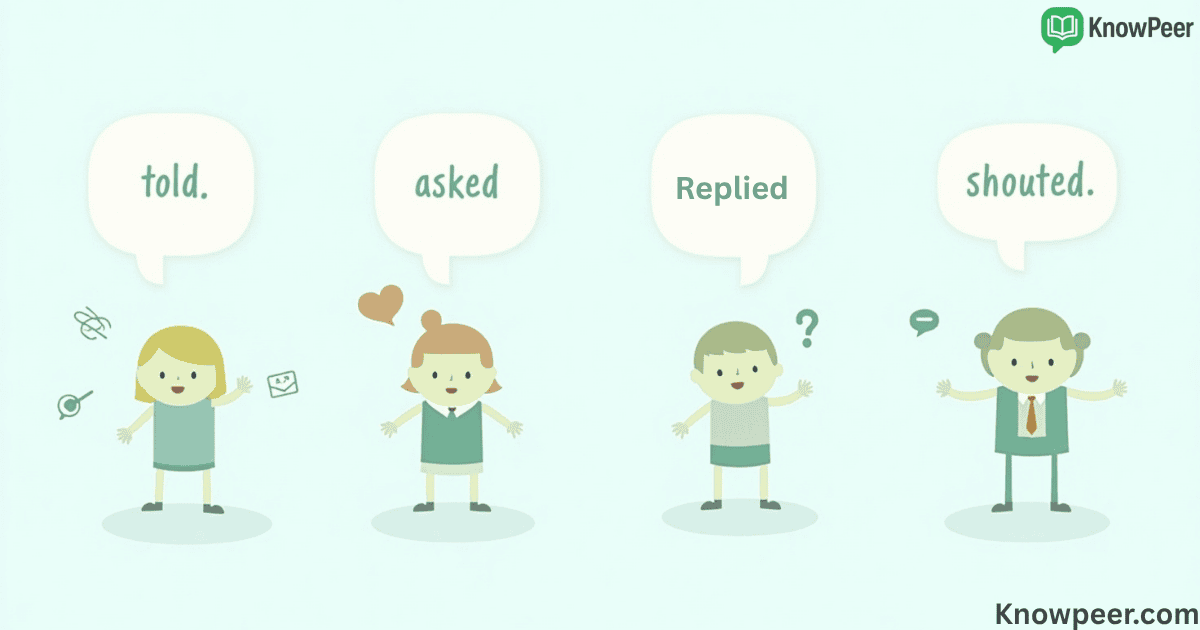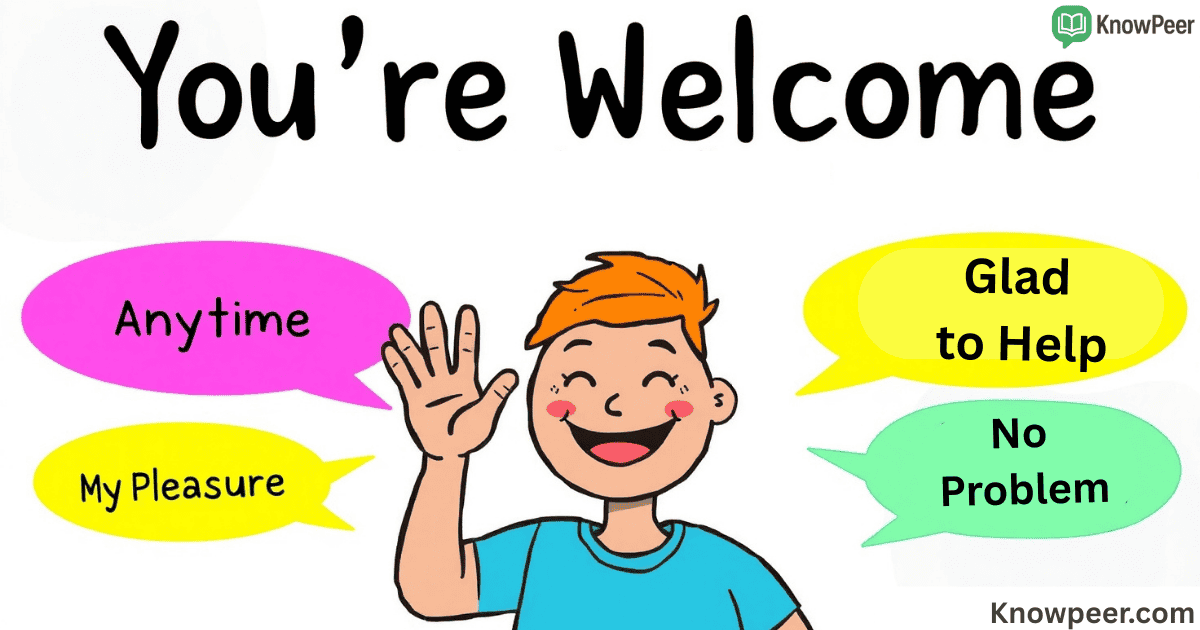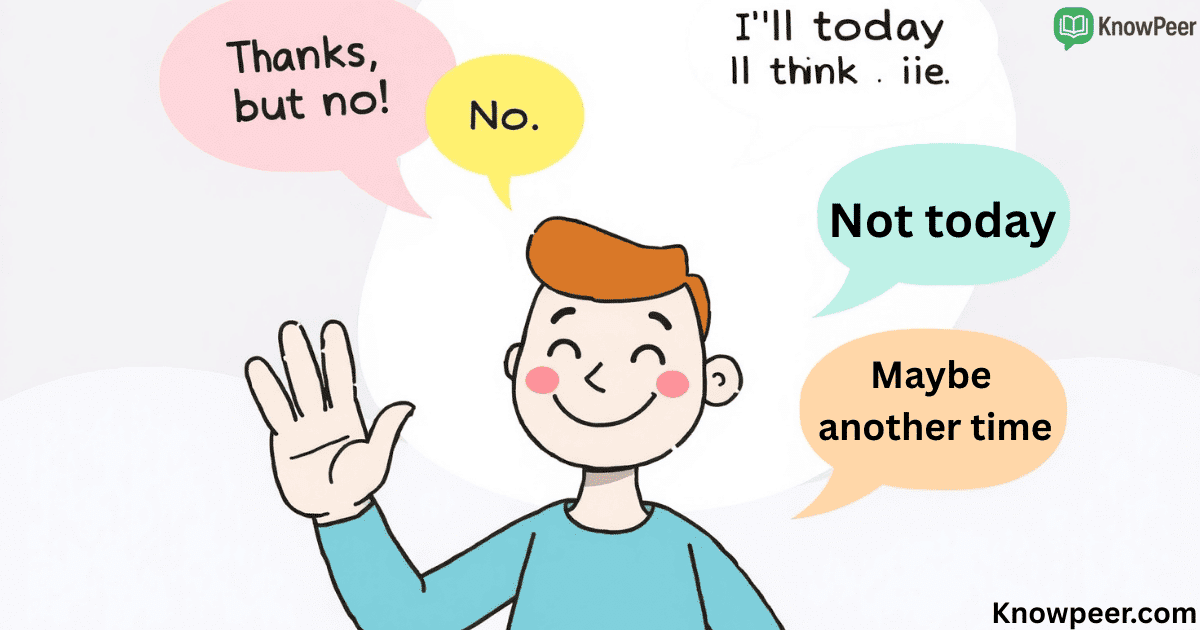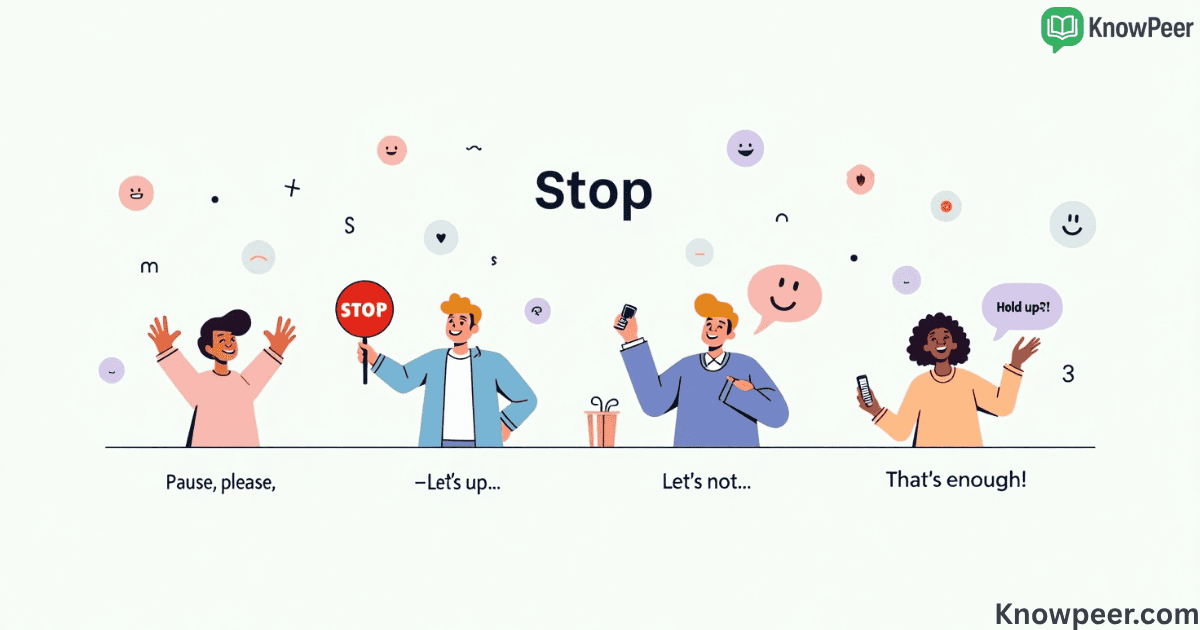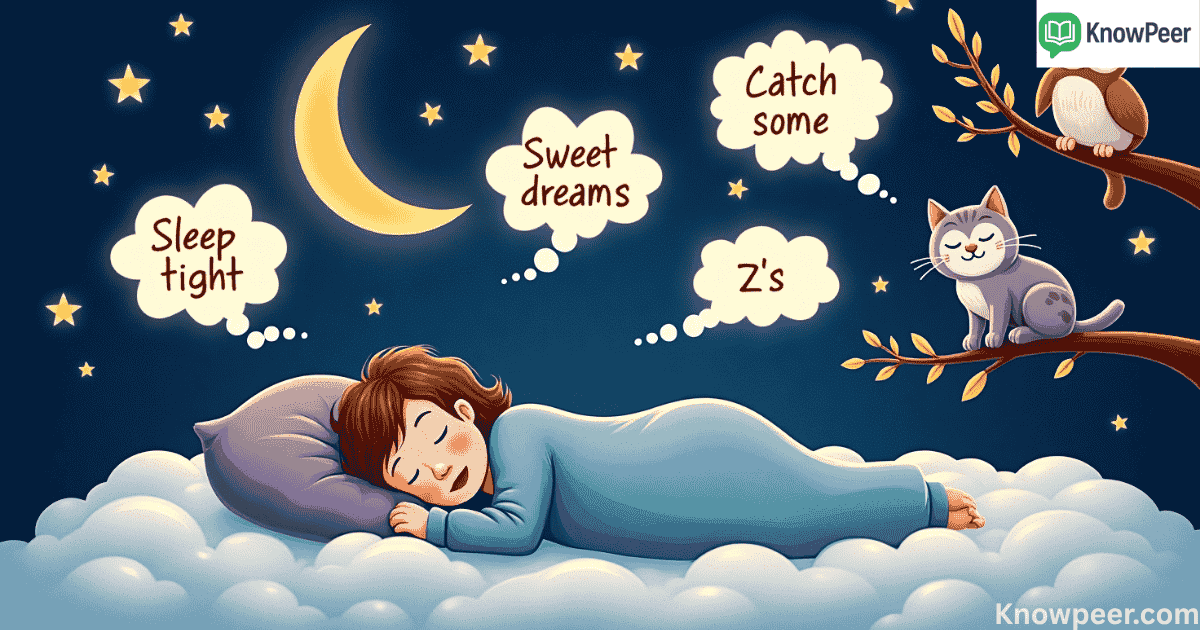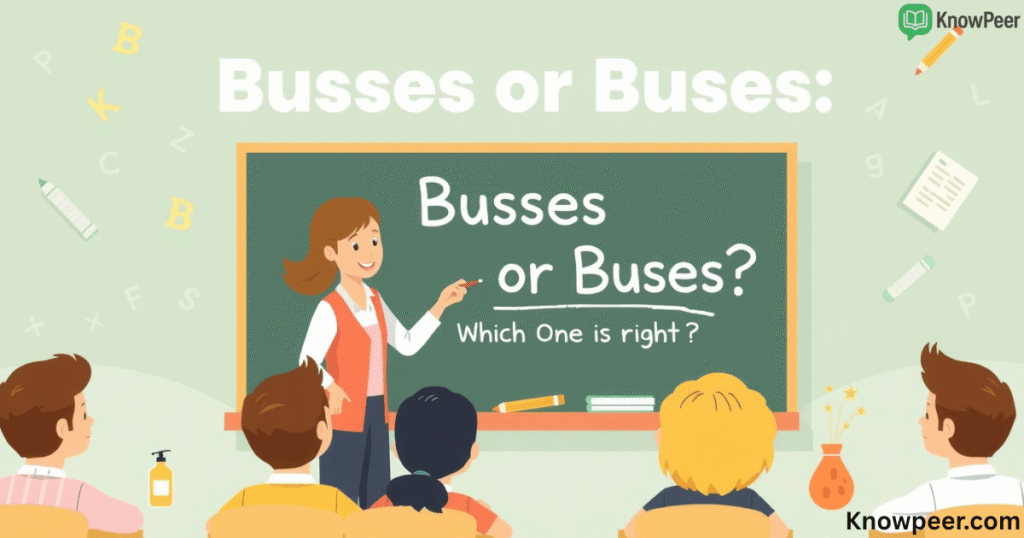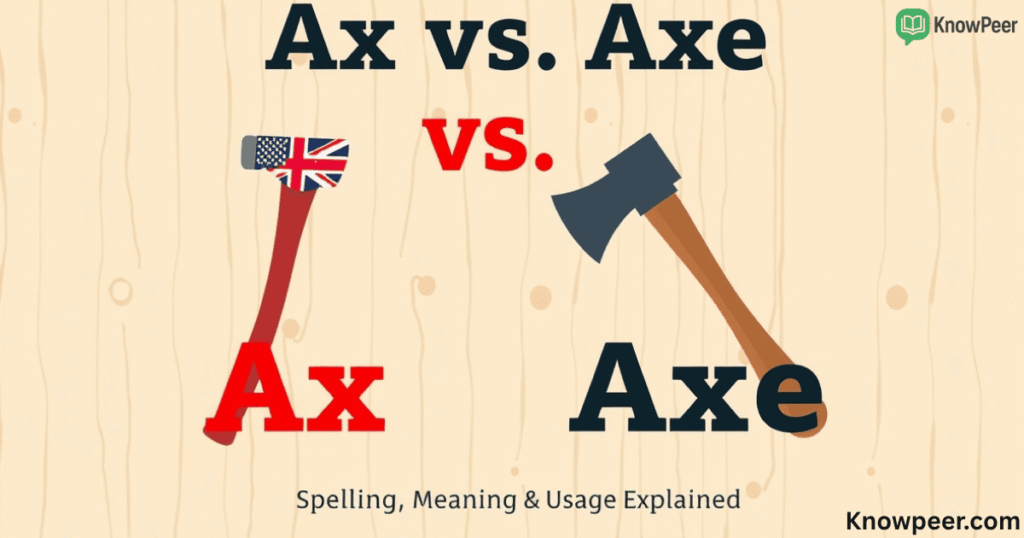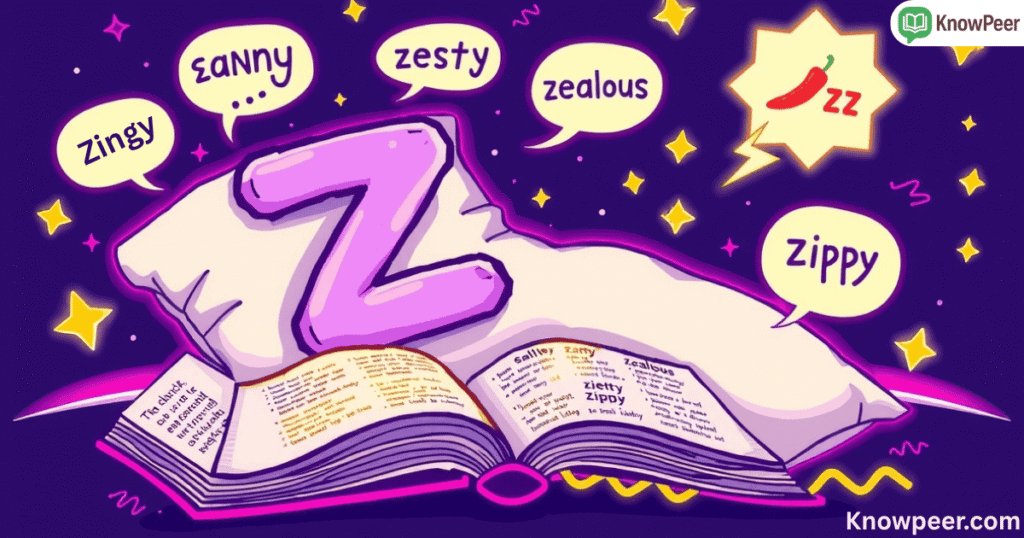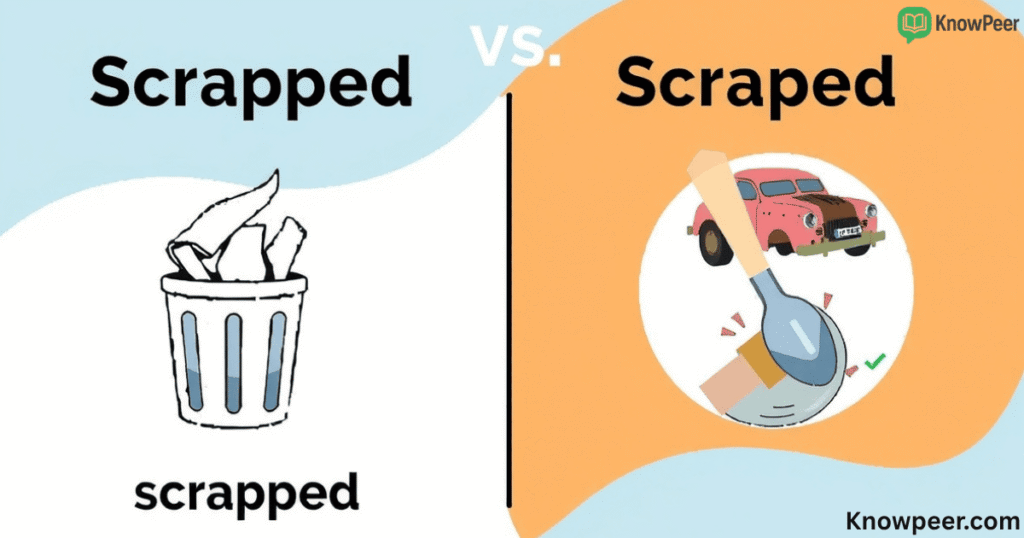Writing believable conversations is one of the most important parts of storytelling Other Ways to Say Said. Whether you’re working on a novel, a script, or even a children’s book, how characters speak to each other changes everything. But if you’re always using the word “said” over and over again, your dialogue can feel flat or boring.
There are better words than said. Some add emotion, others help with pacing. There are even times when you don’t need a dialogue tag at all. In this guide, we’ll explore Other Ways to Say Said, how to use them properly, and when it’s better to stick with “said.”
Neutral Substitutes
responded
replied
answered
remarked
noted
acknowledged
commented
observed
stated
added
Happy Alternatives to Said
laughed
giggled
cheered
beamed
chuckled
rejoiced
grinned
sang
cried (joyfully)
celebrated
Angry Dialogue Tags
snapped
yelled
shouted
barked
growled
raged
screamed
fumed
blurted
hissed
Sad Ways to Say Said
sobbed
whimpered
muttered
mumbled
cried
moaned
sniffled
bawled
choked
wailed
Scared or Nervous Dialogue Tags
gasped
stammered
faltered
quaked
trembled
gulped
blurted
mumbled
quivered
choked
Romantic Substitutes
whispered
cooed
murmured
sighed
breathed
confessed
purred
blushed
gushed
moaned (softly)
Sarcastic or Playful Options
scoffed
smirked
teased
mocked
quipped
joked
sneered
bantered
snorted
taunted
Commanding or Urgent Dialogue Verbs

ordered
demanded
commanded
insisted
urged
barked
shouted
insisted
declared
snapped
Quiet or Gentle Alternatives
murmured
mumbled
whispered
breathed
uttered
sighed
hummed
hushed
coaxed
spoke softly
Formal or Professional Dialogue Tags
declared
announced
stated
reported
informed
advised
discussed
outlined
explained
briefed
Emotional Dialogue Tags
cried
pleaded
begged
sniffled
choked
sobbed
moaned
gushed
whimpered
howled
Argumentative or Confrontational Verbs
objected
argued
retorted
countered
rebutted
challenged
insisted
debated
complained
disputed
Inquisitive (Questioning) Tags
asked
inquired
queried
wondered
questioned
puzzled
probed
quizzed
doubted
pressed
Exclamatory Dialogue Tags
exclaimed
shouted
yelled
screamed
roared
blurted
howled
shrieked
announced
bellowed
Tired or Disinterested Dialogue Options
sighed
groaned
yawned
grumbled
drawled
muttered
mumbled
drifted
slurred
sputtered
Excited or Surprised Tags
squealed
exclaimed
cheered
gasped
blurted
shouted
sang
cried
sputtered
announced
Disapproving or Cautionary Words
warned
scolded
lectured
advised
grumbled
objected
chided
cautioned
snapped
muttered
Reporting or Informative Dialogue Tags
explained
clarified
pointed out
reported
mentioned
informed
described
summarized
responded
stated
Desperate or Pleading Alternatives
begged
pleaded
implored
sobbed
cried
moaned
wailed
insisted
choked
blurted
Deceitful or Mysterious Dialogue Tags
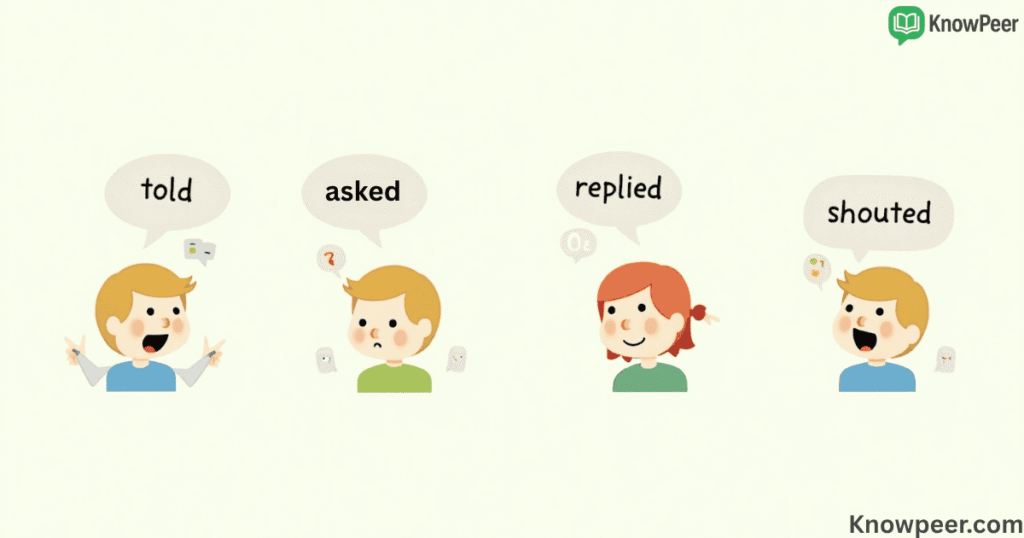
lied
muttered
whispered
murmured
dodged
hinted
suggested
disguised
misled
dodged
Annoyed or Frustrated Dialogue Verbs
snapped
growled
grunted
complained
barked
huffed
groaned
fumed
grumbled
muttered
Boastful or Confident Tags
boasted
bragged
declared
beamed
smirked
claimed
announced
asserted
gloated
exclaimed
Indifferent or Emotionless Tags
said
stated
noted
replied
responded
uttered
confirmed
commented
remarked
added
Conclusion
Improving your dialogue means more than just finding words to use instead of said. It means learning when to use tags, when to drop them, and how to mix in body language and emotion.
Start by choosing words that match your character’s tone. Use creative writing said alternatives sparingly and with purpose. Let the conversation feel real. Let your readers hear the anger, joy, sorrow, or fear behind every line.
Dialogue is the heartbeat of storytelling. So use these alternatives to said in writing to bring your scenes to life. And when in doubt? Just say “said.” Sometimes, the simplest word still does the job best.

